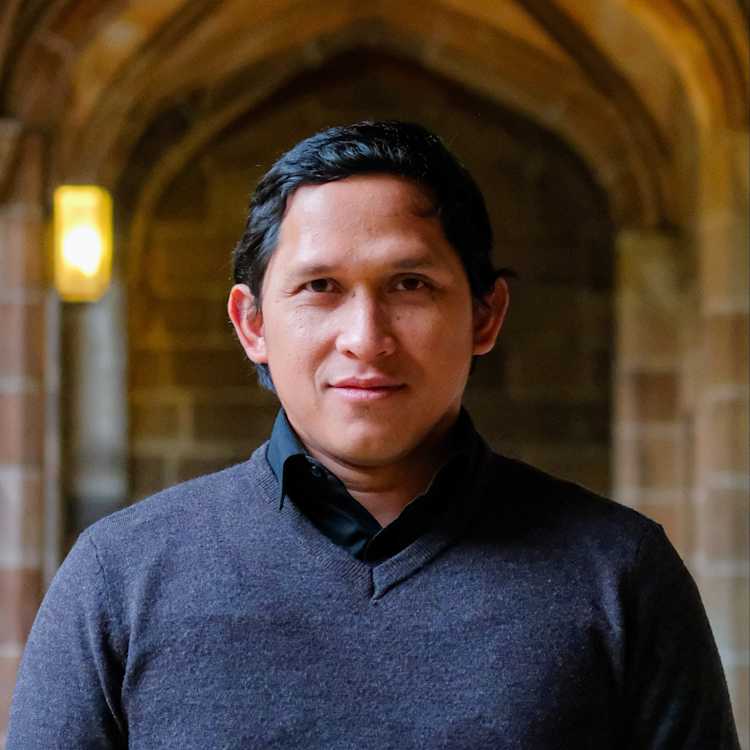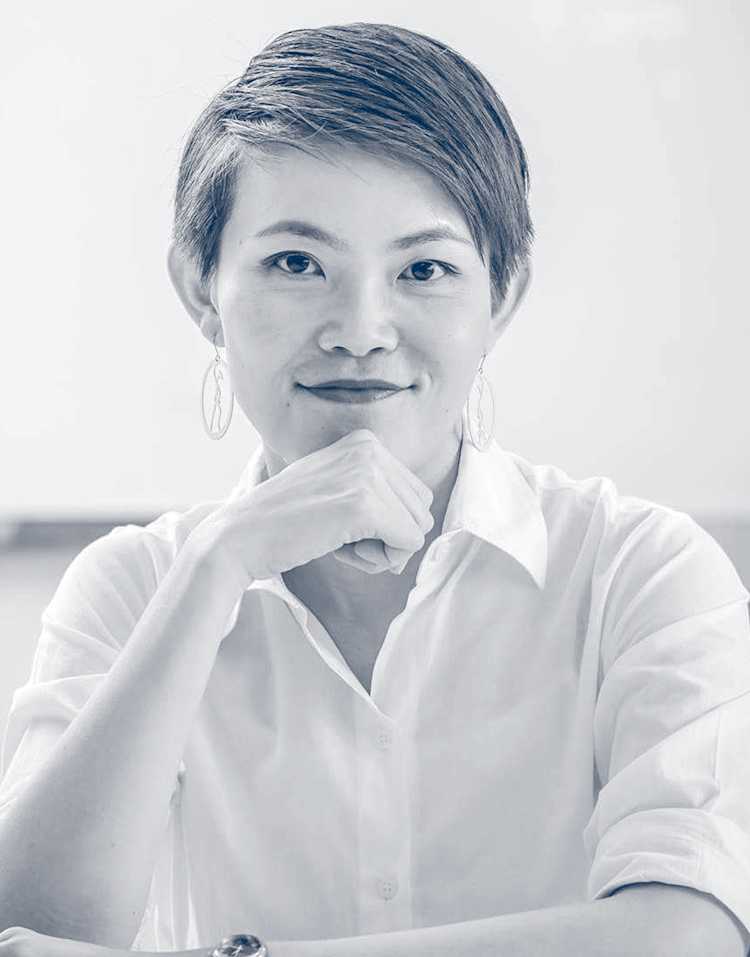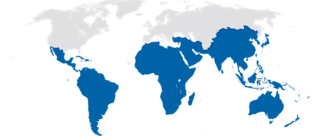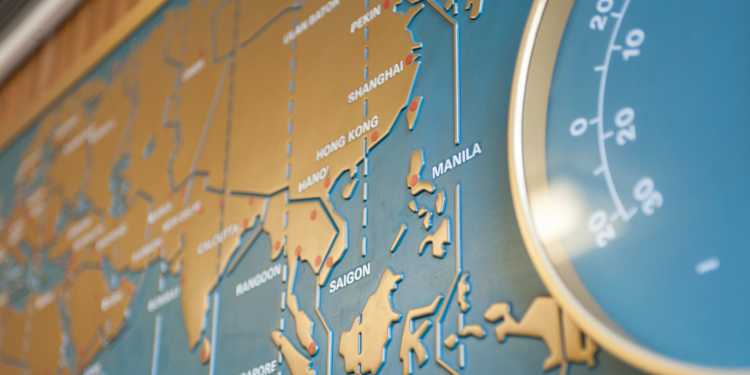
GIGA Institute for Asian Studies
The GIGA Institute for Asian Studies investigates current developments in Northeast Asia, Southeast Asia, South Asia, and Australasia. Research topics include civil society–state relations, party politics, economic development, China and India in regional and global affairs, and the Indo-Pacific as a strategic space.
News and Highlights
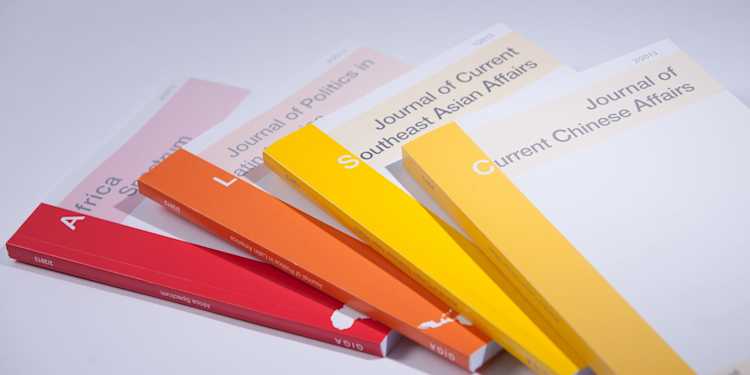
GIGA Journal Family
The GIGA Journal Family is presided over by Sage, maintaining the “platinum standard” of the Open Access model. Contributions by leading researchers from all over the world feature in our four journals. To ensure their quality, all submissions are evaluated in a double-blind peer-review process.
GIGA Journal FamilyResearch Projects
All GIGA Projects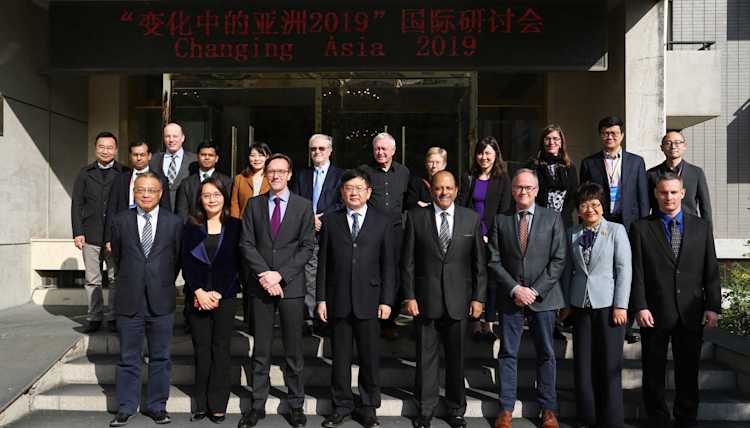
Research Platform Asia
Exchange and cooperation with scholars from around the world is a decades-long tradition at the GIGA. Since 2015 we have been intensifying and consolidating this cooperation with the help of the GIGA research platforms.
The aim of the Asia Research Platform is to intensify cooperation and exchange between science, think tanks, the Federal Foreign Office, political foundations and other partners in the region.
Research PlatformsPresident (ad interim)
Prof. Dr. Sabine Kurtenbach is President (ad interim) of the GIGA.
Regional Institutes
Notification
Sign up to receive email notifications about GIGA activities
Social Media
Follow us


















